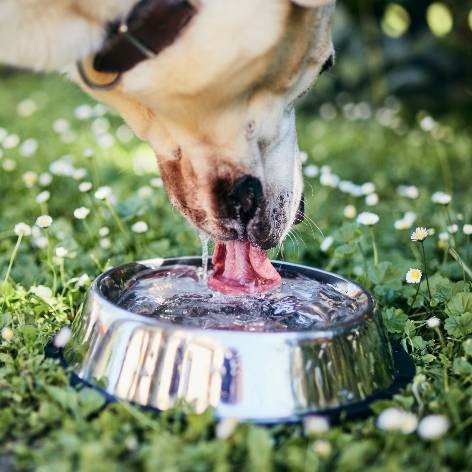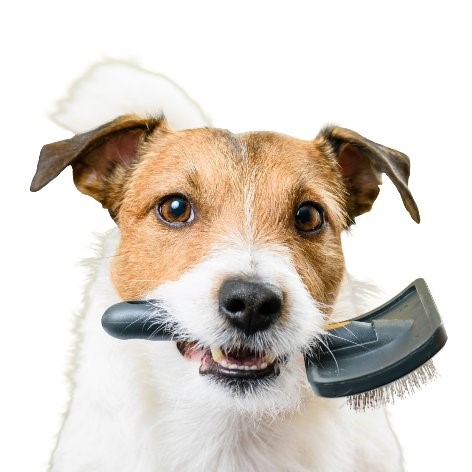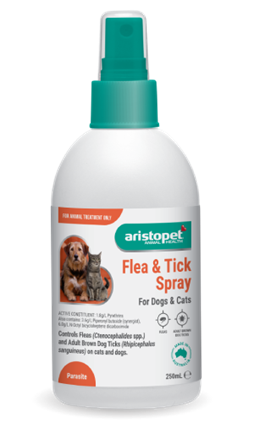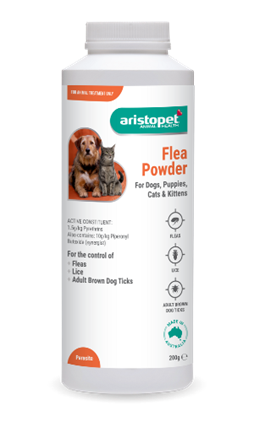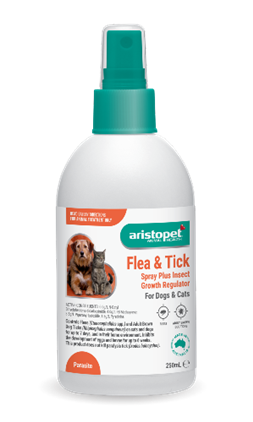Having a new puppy is exciting. It can also be a steep learning curve! There are a lot of new things to learn for both you and your puppy.
At 12-weeks old your puppy is still like a baby. Here are some helpful things that you can check off to reassure yourself that your puppy is healthy and starting life off on the right paw.
Vaccinations
Puppies and adult dogs require vaccines to protect against life-threatening illnesses. Depending on your location and lifestyle, your puppy may need both 'core' and 'non-core' vaccines. Check what your puppy has received and make an appointment with your vet to discuss the best regime to protect your puppy.
Worming & Parasite Control
Puppies can be infected with worms from their mothers, from dogs they interact with and from their environment. They should be wormed every two weeks until they are 12 weeks of age. From then, they need to receive puppy worming treatments every month until they are six months old. From six months old, depending on the product, worming dogs every three months will maintain effective prevention. Again, this approach may differ from dog-to-dog and it’s best that you speak with your vet team to get things just right.
Diet
If possible, feed your puppy the food they're used to for their first few days at your house. When they are little, provide small, regular meals, and if you transition to a new food, do this gradually to help minimise stomach upsets. ‘Complete and balanced’ nutrition is essential, particularly during their rapid growth phase (the first one to two years depending on breed/size). Look for an ‘AAFCO statement’ which indicates that the brand truly knows how to make good food. As nutrition is key to good life-long health, speak to pet care professionals and trustworthy experts who have first-hand experience to find the best diet for your puppy.
General Health
Your puppy's eyes should be clear, without discharge, and they should not be squinting, red or sore. Their coat should be glossy, not brittle or with a large amount of dandruff, and their skin should be pink, not red and itchy. Wounds or sores should be absent and addressed quickly if present.
Your puppy should not regularly vomit or have prolonged bouts of diarrhoea. Your puppy should be energetic and not lethargic. If your puppy displays any of these signs - or others you may be worried about - get them checked out by a vet right away.
Socialisation
Once your puppy is fully vaccinated, you can socialise them outside your house.
Introducing them to new situations and people in a positive manner is a great way to encourage healthy associations for life and a happy, confident dog. Instead of punishing incorrect behaviour, always reward their good behaviour and calm reactions. Remember, your puppy is still like a baby and learning, so they will make mistakes. Reacting calmly and rewarding their good behaviour will help them learn.
Puppy classes are a great way to help build your puppy's confidence and assist them in learning basic commands. Puppy training also strengthens the bond they have with you.
Gradually introduce them to the car, grooming, being handled and having their ears, eyes and other body parts checked.
Routine
Puppies thrive on routine, so try to establish a consistent routine and rules from a young age. Reward to reinforce good behaviour and ignore bad behaviour. Remember that growing and learning is tiring, so keep training sessions fun and short.
Providing a crate, hiding places or cosy bed in a quiet, draft-free place where your puppy can rest undisturbed is crucial in helping them settle. Having a place to retreat is important. Beginning to leave them alone for short periods can help guard against separation-related distress.
Support
Find a vet and a nurse team you like and regularly visit with your puppy. Positive interactions at the vet and getting your puppy used to handling and gentle examinations can help them from becoming overly anxious in these situationsas they get older. Talk to your vet about common issues and illnesses to be aware of with your breed and consider if pet insurance is right for you.
This article is for general information only. We recommend that you seek your veterinarian's advice regarding any health concerns, treatment, and dietary help for your pet.



